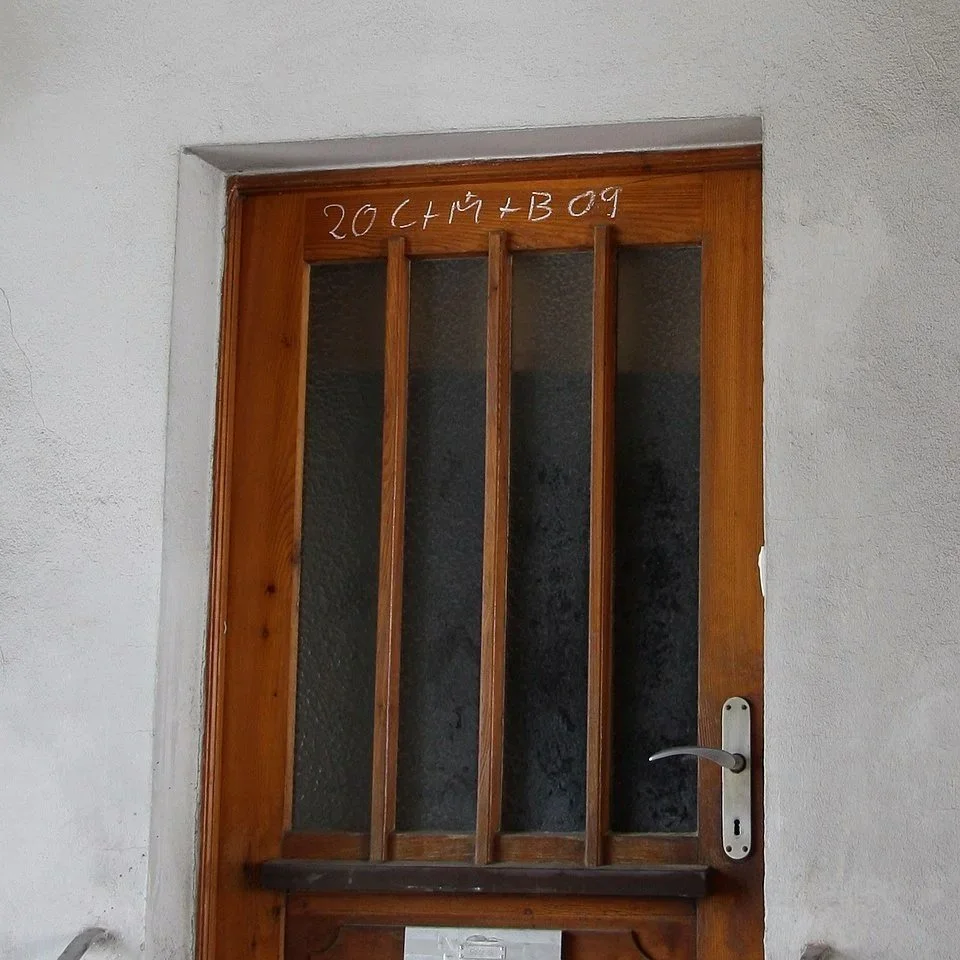As the Synod unfurls across the world, reports of its process have been often criticised.
Some, as in Ireland, reported that the Synodal Synthesis Report was unreflective of actual discussions at meetings.
Some, as in Germany, have been dismayed at the ease with which lobby groups have completely hijacked the process, even to the point of de facto schism.
In Asia, the Vatican has revealed that there is an even stranger element to the process.
Vatican News reported:
After a period of silent prayer, Father Clarence Devadass, member of the Discernment and Drafting Team, presented the updated draft response to the Continental Document under discernment and review. This new draft was compiled with the use of both AI and HI (Human Intelligence), Fr Devadass noted. In fact, the Asia Continental Assembly is the first of the Continental Assemblies to incorporate the use of digital technologies to gather the amendments and input from the participants. He then introduced all of the places in the first draft where amendments had been made.
There are already priests using the likes of ChatGPT to write homilies, it is likely being used by many to compose prayers and now here people are being asked to donate their time to a process of the ‘People of God’, only for such a strange and dehumanising process to be used to ‘interpret’ and ‘collate’ their ideas.
The priest involved with the process in question told The Pillar:
We could safely say that it was effective in sorting the data and picking up on keywords, but it needs to be monitored by human resources to ensure the data reflected accurately the mood of the house.”
“What would have taken a couple of hours to do was done in a couple of minutes. But to ensure the integrity of the responses, it was checked again later by members of the drafting committee against the ‘raw data.’
Could entire prayer books, theological treatises or missals be composed by AI in the coming future?
As the world grapples with the implications of this strange new means of technology, the church will need to emphasise the importance of speaking in an authoritative manner, perhaps even in the form of an encyclical on new forms of technology by Pope Francis or his successor.
It can start too by trusting in the beauty of humanity and allowing for humans, rather than computers, to work on such documents.




The world’s number 1 priest DJ has caused controversy in Lebanon.